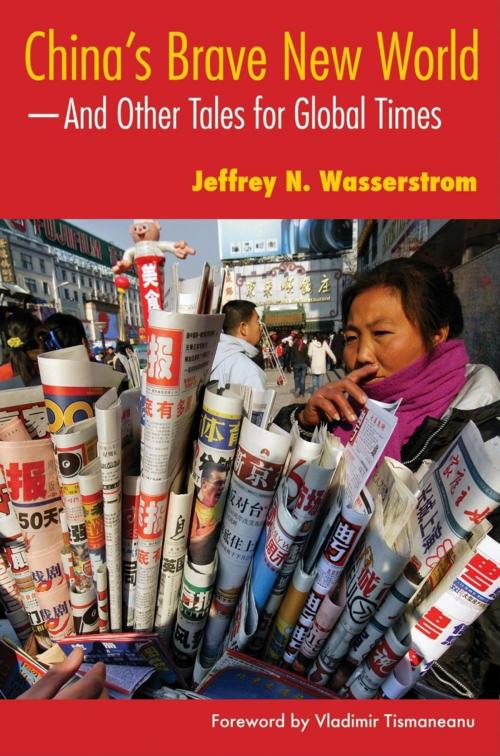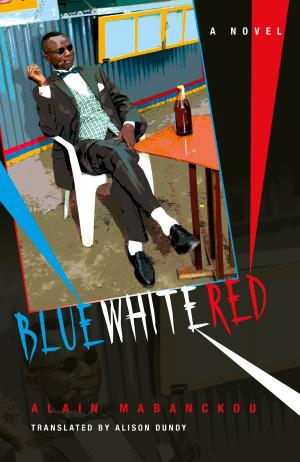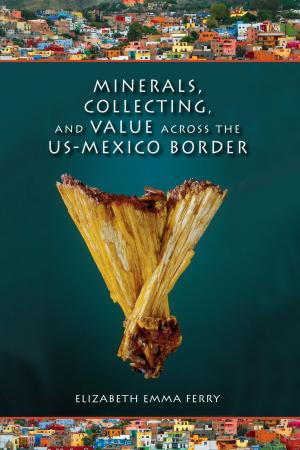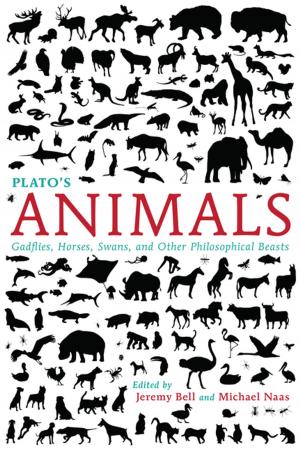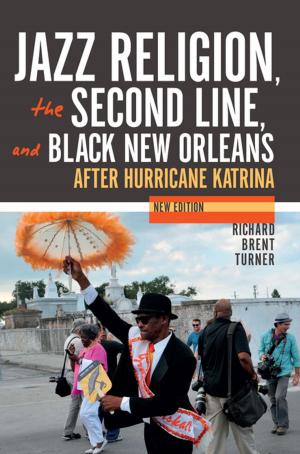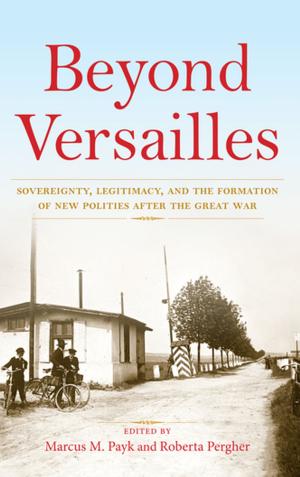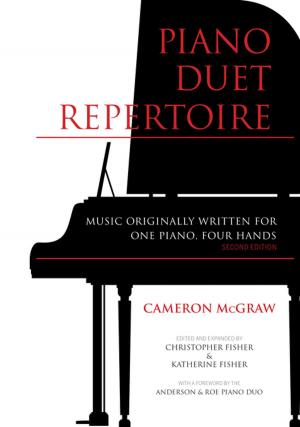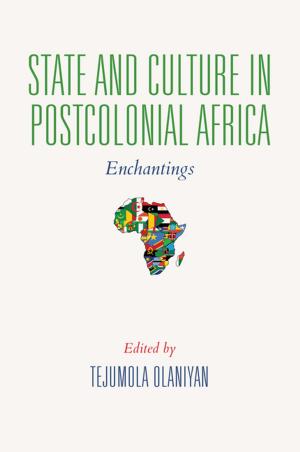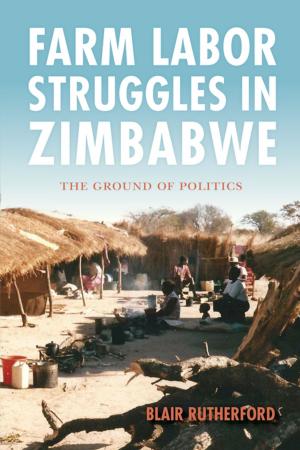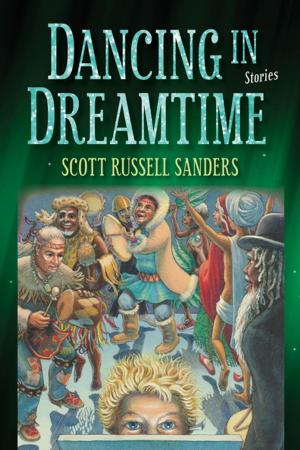China's Brave New World
And Other Tales for Global Times
Nonfiction, Social & Cultural Studies, Political Science, Government, Communism & Socialism, History, Asian, China, Modern| Author: | Jeffrey N. Wasserstrom | ISBN: | 9780253027764 |
| Publisher: | Indiana University Press | Publication: | May 22, 2007 |
| Imprint: | Indiana University Press | Language: | English |
| Author: | Jeffrey N. Wasserstrom |
| ISBN: | 9780253027764 |
| Publisher: | Indiana University Press |
| Publication: | May 22, 2007 |
| Imprint: | Indiana University Press |
| Language: | English |
If Chairman Mao came back to life today, what would he think of Nanjing’s bookstore, the Librairie Avant-Garde, where it is easier to find primers on Michel Foucault’s philosophy than copies of the Little Red Book? What does it really mean to order a latte at Starbucks in Beijing? Is it possible that Aldous Huxley wrote a novel even more useful than Orwell’s 1984 for making sense of post-Tiananmen China—or post-9/11 America?
In these often playful, always enlightening "tales," Jeffrey N. Wasserstrom poses these and other questions as he journeys from 19th-century China into the future, and from Shanghai to Chicago, St. Louis, and Budapest. He argues that simplistic views of China and Americanization found in most soundbite-driven media reports serve us poorly as we try to understand China’s place in the current world order—or our own.
If Chairman Mao came back to life today, what would he think of Nanjing’s bookstore, the Librairie Avant-Garde, where it is easier to find primers on Michel Foucault’s philosophy than copies of the Little Red Book? What does it really mean to order a latte at Starbucks in Beijing? Is it possible that Aldous Huxley wrote a novel even more useful than Orwell’s 1984 for making sense of post-Tiananmen China—or post-9/11 America?
In these often playful, always enlightening "tales," Jeffrey N. Wasserstrom poses these and other questions as he journeys from 19th-century China into the future, and from Shanghai to Chicago, St. Louis, and Budapest. He argues that simplistic views of China and Americanization found in most soundbite-driven media reports serve us poorly as we try to understand China’s place in the current world order—or our own.
